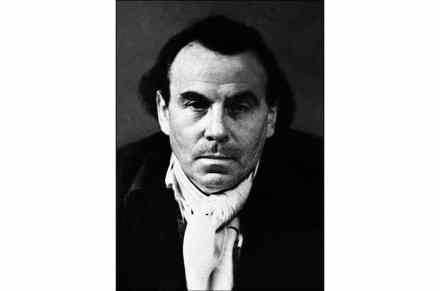‘I’m a hypocrite and a total fraud’ – the confessions of a French Surrealist poet
Michel Leiris (1901-90) was one of those intellectual adventurers who are the astonishment of French literature in the 20th century. Their achilles’ heel is that most were communists, in a few cases Nazis; and nothing kills the life of the mind more thoroughly than preaching. Their saving grace is that many were eccentric characters, and their autobiographical work can often be their most luminous legacy. Among Leiris’s subjects are his dogs, his ideal hotel, his hatred of Wagner, his Anglophile snobbery and his tailor Because they were anti-form, the ideal prose vehicles became ‘aphorism’ or ‘fleuve’. The most brilliant of the French aphorists, Emile Cioran (though he was Romanian), exclaimed



